Why Did Firefly Get Cancelled?: What Happened To The 2002 Sci-Fi Series
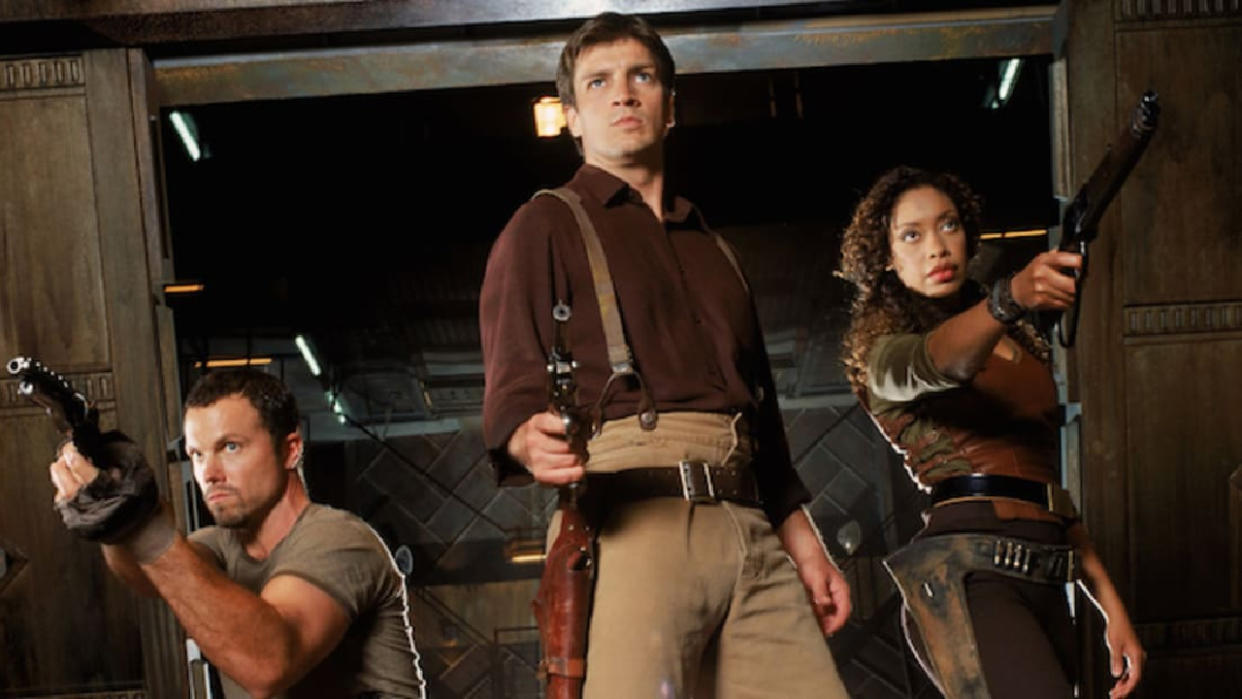
It is interesting when you think about how some of the most beloved sci-fi TV shows of all time never even got the chance to tell their story to completion. Indeed, among the many great series cancelled far too soon, one of the most oft-referenced examples is Firefly — a unique take on space odyssey stories by incorporating styles and themes reminiscent of classic Western movies and TV shows.
Unfortunately, even with a talented cast led by Nathan Fillion and being the brainchild of Buffy the Vampire Slayer creator Joss Whedon, this 26th century tale of a misfit crew of outlaws traveling a distant, colonized solar system was tragically halted before its journey had reached its intended destination. So, why exactly did Fox pull the plug on Firefly after airing just 11 of the 14 episodes that were filmed? Let’s see if we can answer that question below by analyzing the most essential factors of the cult favorite’s brief broadcast history.

The Time Slot
In an oral history published by The Hollywood Reporter in 2017, in celebration of Firefly’s 15th anniversary, Adam Baldwin — who played sharp-shooting former mercenary, Jayne Cobb — recalled how finding an audience for the series was a challenge from the very beginning due to when it aired. Fox put “the Little Show That Could” on at 8 p.m. on Fridays — a time slot that TVTrope.org has described as an immediate death sentence in most cases.
In fact, Fox is guilty of airing several short-lived, but mostly loved, series on Fridays, including another Whedon creation called Dollhouse, starring Eliza Dushku. However, in a turn of irony, Syfy (when it was still called Sci-Fi) would find decent success airing reruns of Firefly on Friday nights after its cancellation.
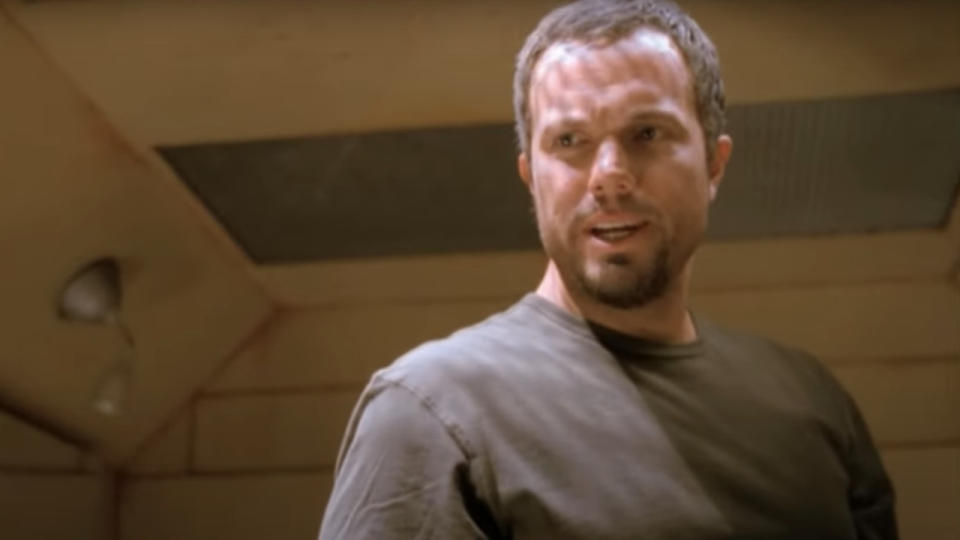
The Competition
Another factor to keep in mind is what else was on network TV at the same time as Firefly in 2002. According to TVTango.com, the time slot was also occupied by America’s Funniest Home Videos on ABC, 48 Hours on CBS, Providence (which would also end abruptly on NBC that year), and one new sitcom (the Amanda Bynes-led What I Like About You) and one on its seventh season (Sabrina the Teenage Witch) on The CW (when it was still called The WB).
Despite a few notable, long-running hits among the mix, none of these shows were anything like Firefly and would not seem like the kind that would ultimately kill such an action-packed, cosmic adventure. That being said, another thing that Baldwin also notes in the aforementioned THR oral history is that 2002 also saw the debut of American Idol — a show that would go on to become TV’s top-rated show for several years straight and had immediately attracted more attention than anything else on Fox. It is not completely unlikely that if Firefly had premiered a year earlier, it might have had better chance.

The Network Notes
There is not a single TV show that has never been subjected to creative demands from its parent network and it surely should come as no surprise that a show as conceptually ambitious as Firefly is no exception. A retrospective by Business Insider even claims that a disagreement over a major plot point almost led Fox to shelve the show as a 2003 midseason replacement option.
The article cites a quote by Whedon from Serenity: The Official Visual Companion recalling that the network did not want second-in-command Zoe (Gina Torres) to be married to ace pilot “Wash” (one of Alan Tudyk’s most iconic roles) to leave room for any romantic potential with Serenity captain, Mal Reynolds (Fillion). Whedon adamantly refused this change, but would concede Fox’s request to lighten up a few darker details, such as merely alluding to, but never showing, how sex worker Inara Serra (Morena Baccarin) injects herself with a serum that kills anyone who attempts to sexually assault her.
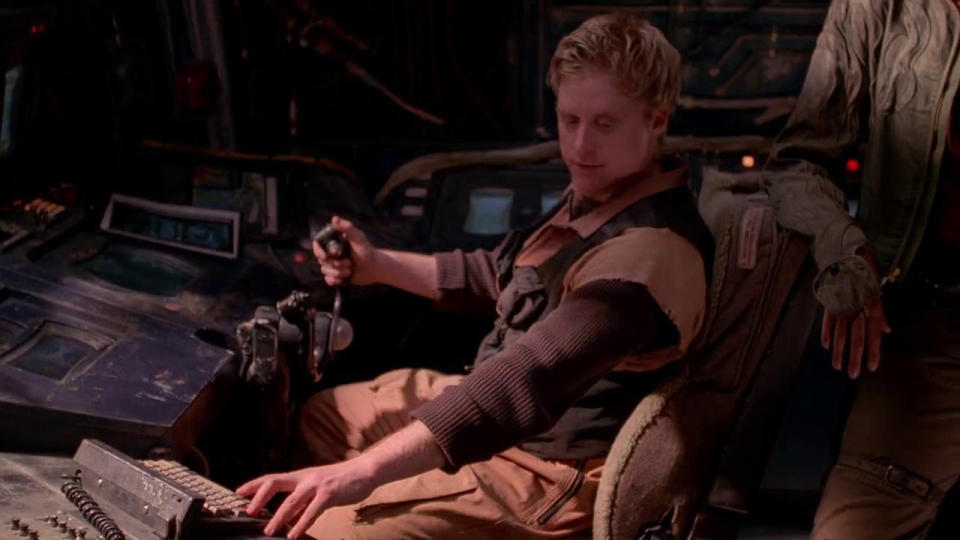
The Marketing
Time has proven that any piece of media tends to live or die by its marketing — one famous cinematic example being a woman who successfully sued FilmDistrict for trailers that made the 2011 Neo-noir drama, Drive, resemble a Fast and Furious-style action thriller. Apparently, anyone who saw the promotional material for Firefly in 2002 might have assumed it was a comedy.
Based on an excerpt from Amy Pascale’s Joss Whedon biography included in the aforementioned Business Insider article, Fox’s TV spots gave special attention to the series’ more humorous moments and even exaggerated some of its more serious elements as comical. For instance, fan-favorite telepath, River (Summer Glau), is simply described as, “a girl in a box,” in reference to the sleep chamber her scientist brother, Simon Tam (Sean Maher), is forced to hide her in while being pursued by the government. Tudyk also recalls to THR a promo set to Smash Mouth’s “Walking on the Sun,” which may seem thematically fitting as a reference to outer space, but is completely from another world tonally.
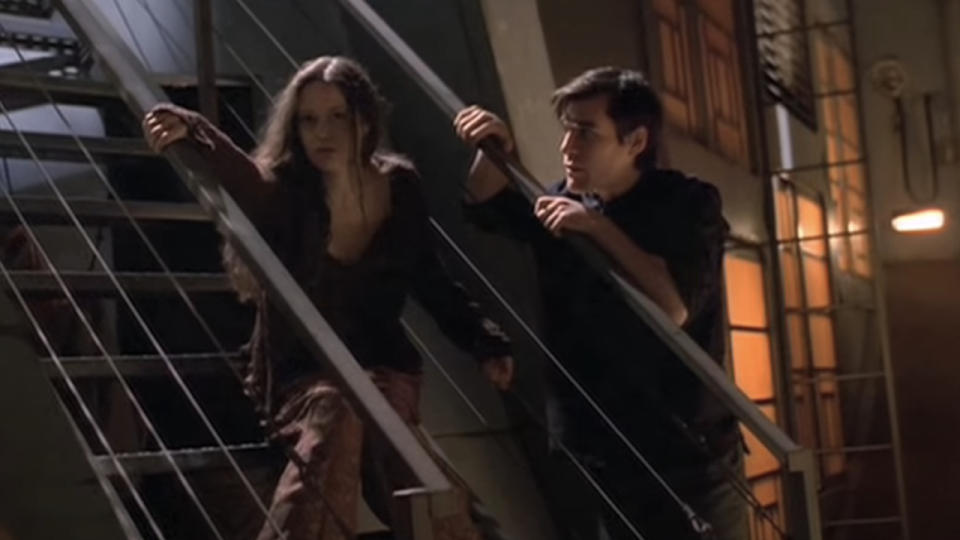
The Episode Order
However, no amount of misleading marketing could have prepared viewers for the confusion they must have felt when Firefly premiered on September 20, 2002 with “The Train Job” — an otherwise thrilling episode that lacks necessary exposition because, chronologically, it counts as the series second chapter. Producer Tim Minear tells THR that Fox was not impressed by the two-hour pilot — which AV Club’s series review notes for its “admirably relaxed (but TV-lethal) pace” — and requested that he and Whedon pen something snappier to debut with.
Business Insider states that the network would continue to air episodes out of their true order and with many delays in between, as a result of it airing the MLB playoffs that took place at the same time. It would not be until Firefly had reached the end of its season when Fox finally aired its proper first episode.
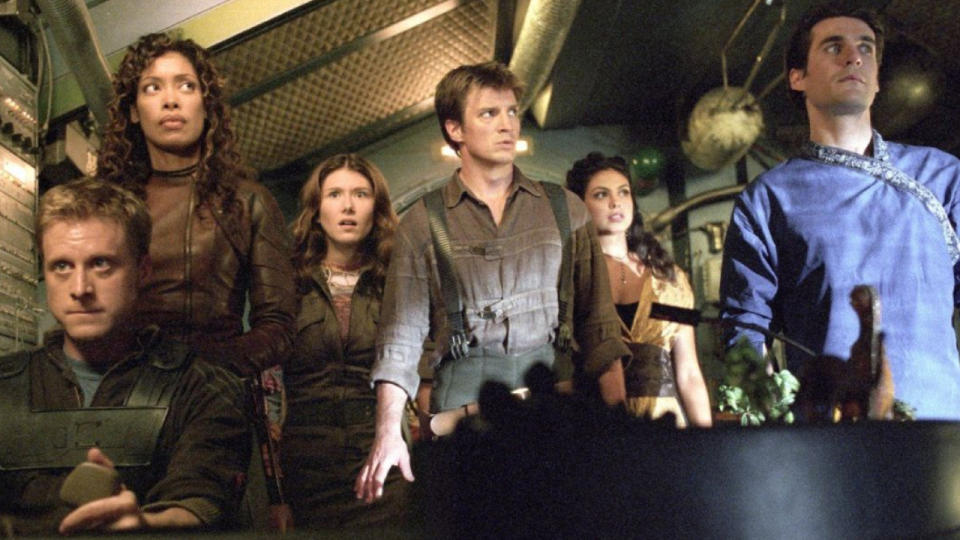
Firefly's Legacy Beyond Cancellation
As E! News reported in December 2002, Fox officially stomped on Firefly after it averaged 4.7 million viewers and ranked 98th in the Nielsen ratings for the season. However, this bitter end — which Whedon and co. learned about during the season’s last three days of shooting — turned out to be just the beginning of the show’s impact on pop culture.
The series’ DVD release proved successful and helped widen its fanbase, whose demand for more led to the development of Serenity — a feature-length continuation that Universal put into theaters in 2005 — and later inspired a Dark Horse comic depicting the crew’s further adventures. The cast have also reunited in person several times at conventions, where they also remain a hot ticket when appearing individually, which is what inspired Alan Tudyk to create and star in his satirical, Emmy-nominated web series, Con Man. Firefly’s cult following only continues to grow more than 20 years later, making us continue to wonder if we truly have seen the last of the Serenity crew.
The potential of a Firefly revival is not something I am too concerned about, personally — and not because recent on-set abuse allegations against Whedon may prevent the creator from being involved. I like to think of this series as a somewhat rare instance of something truly one-of-a-kind that got to be seen by the public, if not for an unfairly brief and (due to its non-chronological airing) confusing moment.
Still, it is a moment that I and, I am sure, many others cherish on its own and satisfyingly so, because the feeling I get from just watching those 14 episodes — which you can do with a Hulu subscription — and one movie is nothing short of serenity.
